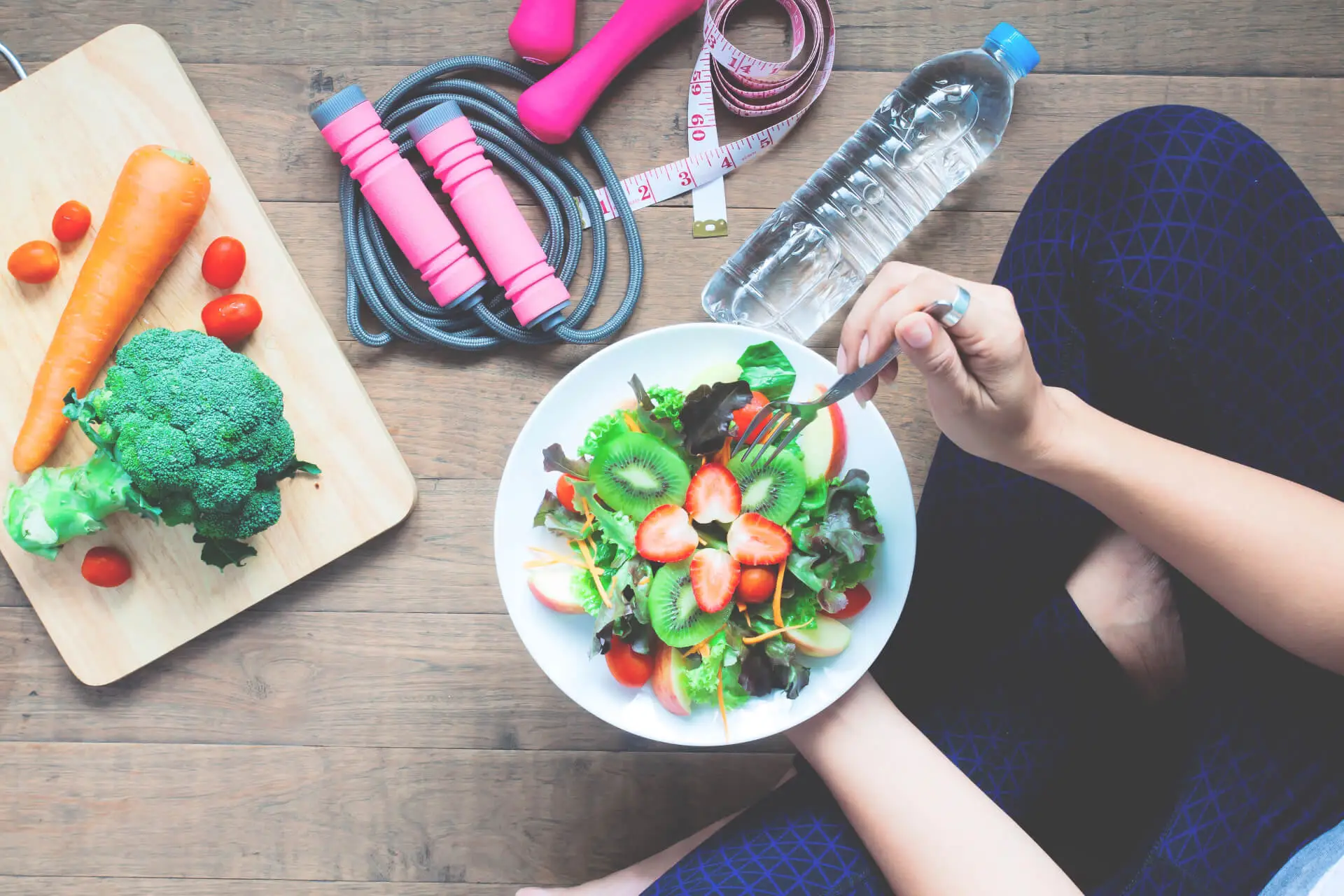If you’ve struggled with insomnia, difficulty sleeping during menopause, are a shift worker or are just curious about the connection between nutrition and sleep this article is for you.
Our sleep patterns can influence our eating behaviors and conversely what we eat can influence our ability to sleep. This relationship can be positive or can unfortunately be negative. Read on to find out what you can do to understand the role of nutrition and food for sleep.
The consequences of sleep deprivation
Not getting enough sleep or sleep disorders such as obstructive sleep apnea is one of the most common causes of fatigue.
According to the studies sleep deprivation causes a range of both short term and long term effects:
Short term sleep loss after a few nights can cause:
- Changes to appetite and hunger/fullness cues
- Glucose deregulation and carbohydrate cravings
- Higher blood pressure
- Reduced immune function making it more likely to catch a cold or flu
- Reduced cell regeneration of the hair and skin cells causing us to look tired
- Lower sex drive, headaches
- Reduced ability to focus and stay attentive
- Reduced mood: irritability, stress and impatience
Chronic sleep deprivation can:
- Increase the risk of diabetes, obesity, cardiovascular disease and colorectal/breast cancer
- Premature aging of the hair, skin and reproductive system (less sperm count)
- Increased risk of depression and anxiety
- Attention deficit and memory loss
- Headaches and severe fatigue
- Significant safety issues eg. more likely to fall asleep driving
Food to sleep better
Wondering what the best food to sleep may be? Think about these do’s and don’ts when you are planning your eating for a good night’s rest.
Reduce large meals later in the day
Taking in lots of food and fluid before bed can cause indigestion and make it difficult to fall asleep, as well as cause you to wake up to urinate frequently at night.
Eat sufficient carbs and don’t go to bed underfed
If you are dieting or simply not eating enough due to restrictive eating patterns or an eating disorder, your sleep will be disturbed. There is also a research to support diets higher in carbohydrates tend to be better for improving sleep than low-carb, high-fat diets. Your brain runs on carbohydrates and your body needs sufficient calories to run effectively. When food and sufficient carbohydrate is not available it is common to be anxious, emotional and obsessive about food. It is also common find it hard to sleep peacefully (despite being tired). Seek help from an experienced Registered Nutritionist to create a food plan that achieves a good balance of nourishment for health, mental health and achievement of your personal best weight.
Eat whole foods
The same food good for overall physical health and mental health are also good for helping you with sleep. Research shows a diet rich in whole foods improves sleep. Aim for a diet rich in fruits and vegetables, high-fibre whole grains and liquid vegetable oils low in saturated fat. A Mediterranean style diet appears to be good for sleep, especially for women.
Curb caffeine as the day goes on
Caffeine can stay in your system for as long as 8 hours. Decrease coffee, tea and other caffeine sources from lunch onward (or if you are a shift worker 8 hours before your shift ends and you will be headed to bed).
Watch alcohol intake
Despite alcohol initially making you sleepy, it can hinder entering into the deep restorative stages of sleep. Reduce your alcohol consumption and avoid it altogether during times of sleep difficulty.
Other factors that influence sleep
Outside of nutrition there are a wide range of sleep hygiene strategies that can help you get a good night’s sleep. These include:
- If possible go to bed and wake up at about the same time each day.
- Turn off smartphones, computers and television at least 30 minutes before going to bed (preferably more). Take the television out of your bedroom.
- Taking part in good physical activity (but note intense exercise right before bed can make it difficult to fall asleep).
- Give yourself enough time to truly unwind before bed. If you are struggling with depression or anxiety, it can be difficult to get enough quality or quantity of sleep. Work with a Registered Psychologist and your Physician to get the help you need.
Summing up the best food for sleep
As with many of the recommendations for good health and mental health, the best strategies for sleep are not found in a supplement bottle. Afterall a supplement is just a supplement and can never make up for a poor diet.
Better sleep isn’t about eating one single sensationalized super-food (although there certainly is some positive research about milk, fatty fish, kiwi fruit and cherries)! Nutrition for better sleep starts by purchasing and cooking whole foods you can buy at the grocery store.
Emphasize high quality carbohydrate rich foods found in whole grains, fruits and veggies. Enjoy legumes, lean meats, fish and vegetable oil low in saturated fat. Skip excess caffeine and alcohol. Do your body a favor and avoid going on restrictive diets. Honour your body’s hunger. While overeating at night won’t help you get a good nights sleep, going to be underfed or carb deprived will only worsen your ability to sleep effectively. If you are struggling to find the balance, reach out to us for help .




